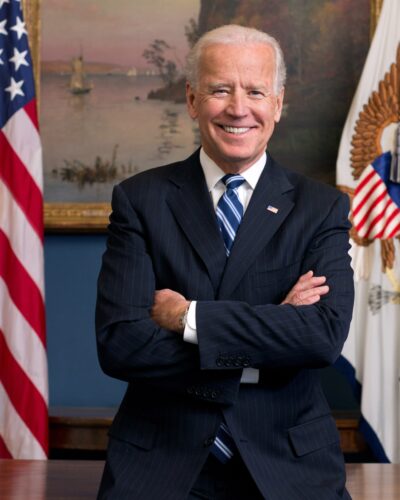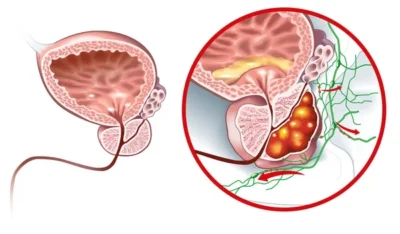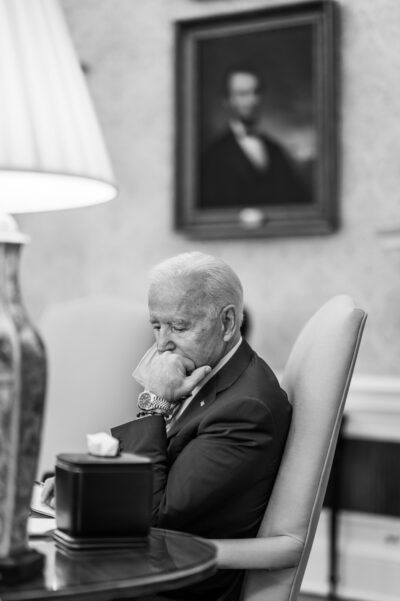
Former U.S. President Joe Biden, aged 82, has been diagnosed with an aggressive form of prostate cancer that has metastasized to his bones. The diagnosis, confirmed on May 16, 2025, followed medical evaluations prompted by increasing urinary symptoms. Despite the severity, the cancer is hormone-sensitive, offering potential avenues for effective treatment.
Understanding the Diagnosis

Prostate cancer is one of the most common cancers among men, particularly affecting those over the age of 65. In Biden’s case, the cancer was identified as high-grade, with a Gleason score of 9 out of 10, indicating a rapid growth potential. The Gleason scoring system assesses the aggressiveness of prostate cancer by examining the patterns of cancer cells in the prostate tissue. A score of 9 suggests that the cancer cells are likely to grow and spread quickly.
The presence of metastasis to the bones signifies an advanced stage of the disease. Bone metastases can lead to complications such as pain, fractures, and other skeletal-related events, significantly impacting a patient’s quality of life.
Hormone Sensitivity and Treatment Options
The hormone-sensitive nature of Biden’s cancer is a critical factor in determining treatment strategies. Hormone therapy, also known as androgen deprivation therapy (ADT), aims to reduce or block the production of testosterone, which can fuel the growth of prostate cancer cells. This approach can slow disease progression and alleviate symptoms.
In addition to hormone therapy, other treatment options for advanced prostate cancer may include:
-
Chemotherapy: Utilizes drugs to kill rapidly dividing cancer cells.
-
Radiation Therapy: Targets cancer cells with high-energy rays to destroy them or inhibit their growth.
-
Bone-Targeted Therapy: Aims to strengthen bones and reduce the risk of fractures or other complications from bone metastases.
Recent clinical trials have shown promise in combining different therapies to improve outcomes for patients with advanced prostate cancer.
Public and Political Reactions

image from Flickr
The announcement of Biden’s diagnosis has elicited responses from various political figures. Former President Donald Trump expressed sympathy and best wishes for Biden and his family, marking a departure from his usual critical tone. Former Vice President Kamala Harris and former President Barack Obama also conveyed their support and well-wishes, highlighting Biden’s resilience and past efforts in cancer research advocacy.
Importance of Early Detection and Regular Screenings
Biden’s diagnosis underscores the significance of regular health screenings, especially for older adults. Prostate cancer often develops slowly and may not exhibit symptoms in its early stages. However, early detection through screenings such as prostate-specific antigen (PSA) tests and digital rectal exams can significantly increase the chances of successful treatment.
Men experiencing urinary symptoms or other related issues are encouraged to consult healthcare professionals promptly. Awareness and proactive health measures are vital in managing and treating prostate cancer effectively.
Biden’s Legacy in Cancer Research and Advocacy
Biden has been a prominent advocate for cancer research, notably leading the “Cancer Moonshot” initiative during his vice presidency under Barack Obama. The program aimed to accelerate cancer research and improve access to treatments. His personal experiences, including the loss of his son Beau Biden to brain cancer, have fueled his commitment to combating the disease.
His recent diagnosis brings a personal dimension to his advocacy, potentially influencing future policies and funding for cancer research and treatment.
Conclusion
Former President Joe Biden’s diagnosis of aggressive, hormone-sensitive prostate cancer that has spread to his bones is a significant health development. While the condition is serious, the hormone-sensitive nature of the cancer provides viable treatment options that can manage the disease and improve quality of life. The situation highlights the importance of regular health screenings and early detection, especially for older men. As Biden and his medical team explore treatment avenues, his experience may further influence cancer research and advocacy efforts in the United States.




